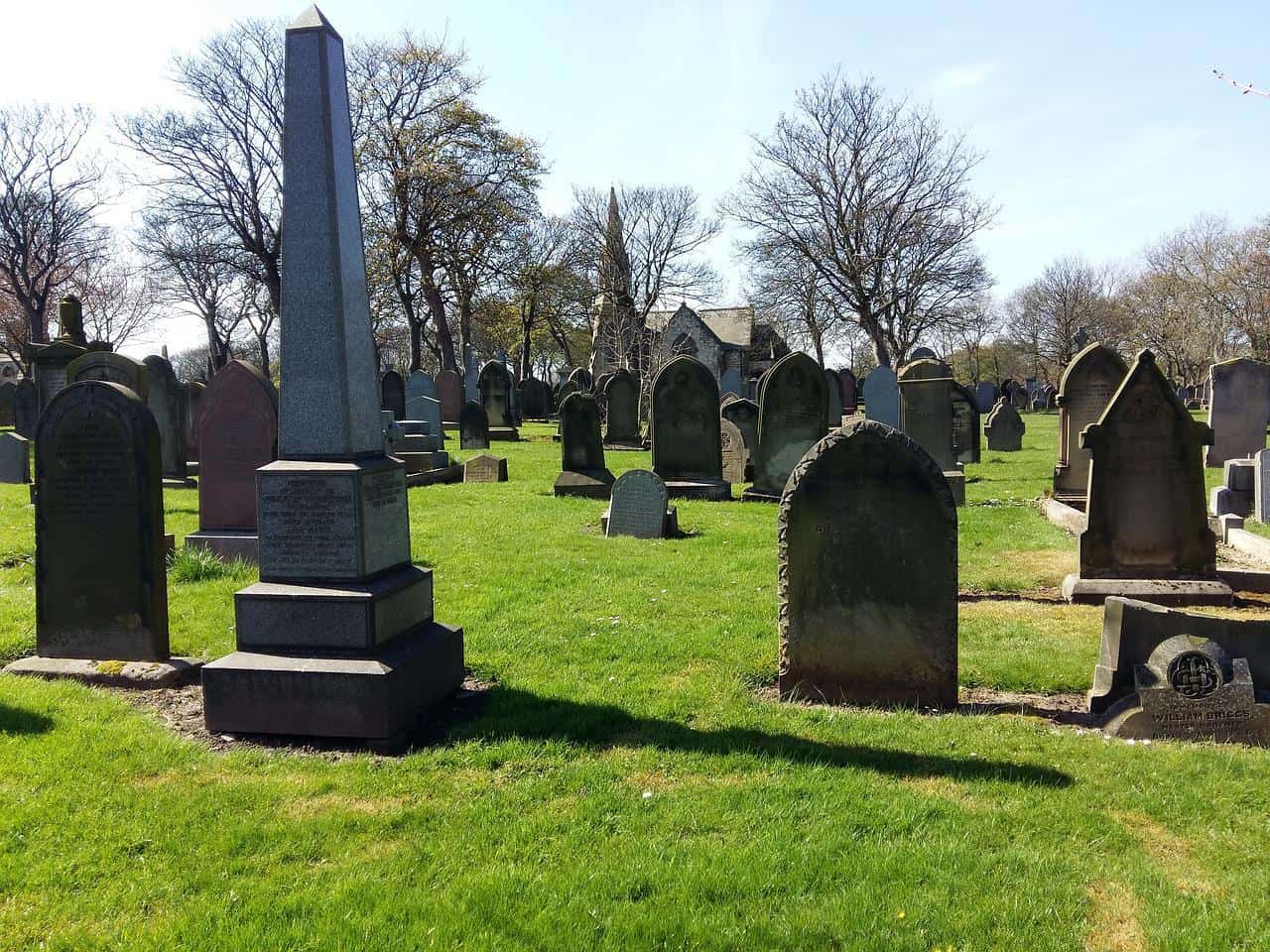How Do Funerals Work in the UK?
Traditionally, British funerals take place on weekdays – although weekend ones are allowed, too – and follow a reasonably straightforward format. At Newrest Funerals, our team of expert funeral advisors know that many British people no longer like to conform to the norms of a traditional funeral and will want a tailor-made package that suits them instead. This is the case whether we are dealing with people who are making their own funeral plans in advance or we are helping recently bereaved people to arrange the funeral of a recently deceased loved one.
Types of Funeral
In the UK, most funerals are cremations nowadays. Direct Cremation is also becoming more popular, as it is a simple, low-cost option that doesn’t include a funeral service. Burials are the next most common type of funeral. In addition, it is possible to arrange eco funerals, burials at sea and home funerals, too. Both religious and non-religious services are commonplace. Many people who pass on in the country leave instructions for a secular service that may include a few spiritual elements such as a prayer or a hymn but don’t necessarily want a religious minister to oversee the service.
This all comes down to a matter of personal taste. Unless the funeral is being held in a place of worship – in which case there may be certain expectations – the main thing to note is that it is usually possible to arrange any type of funeral you like, whether there is a spiritual or religious dimension or not.

What Goes on at UK Funerals?
Typically, the deceased will be conveyed to the place where the funeral is being held. The use of coffins and caskets is usual, but some communities also expect to wrap the body up in sheets. People gather at the venue to pay their respects and mourn the passing of the deceased. Some people run the service entirely themselves while others want someone who is a professional to oversee proceedings, usually referred to as a minister, an officiant or, in some cases, a celebrant.
Often, pictures of the deceased will be displayed and music will be played. Nowadays, it is quite common to play favourite pieces that the deceased person used to enjoy in life. Typically, the order of service will contain a eulogy given by someone who knew the deceased person well. Sometimes readings from scripture are included but this is not as common as it used to be. After the service, the body will be laid to rest in the ground or cremated. If you’re looking for low cost funeral plans, our team can assist you in finding the right option for your needs.
What Will People Expect of Me If I Attend a Funeral in the UK?
It is still the norm for people to send flowers to funerals. Often, the funeral directors involved will be the best people to send them to. Sometimes, funeral mourners are asked to make a charitable donation instead. Either way, no one should feel obliged to spend money in this way unless they want to. It is usual for mourners to wear smart attire that is black or, at least, dark. However, some funerals buck this trend. Expect to be notified in advance of non-traditional funerals at which brighter clothing will be asked for, typically to celebrate the life of the deceased rather than to mourn their death.


